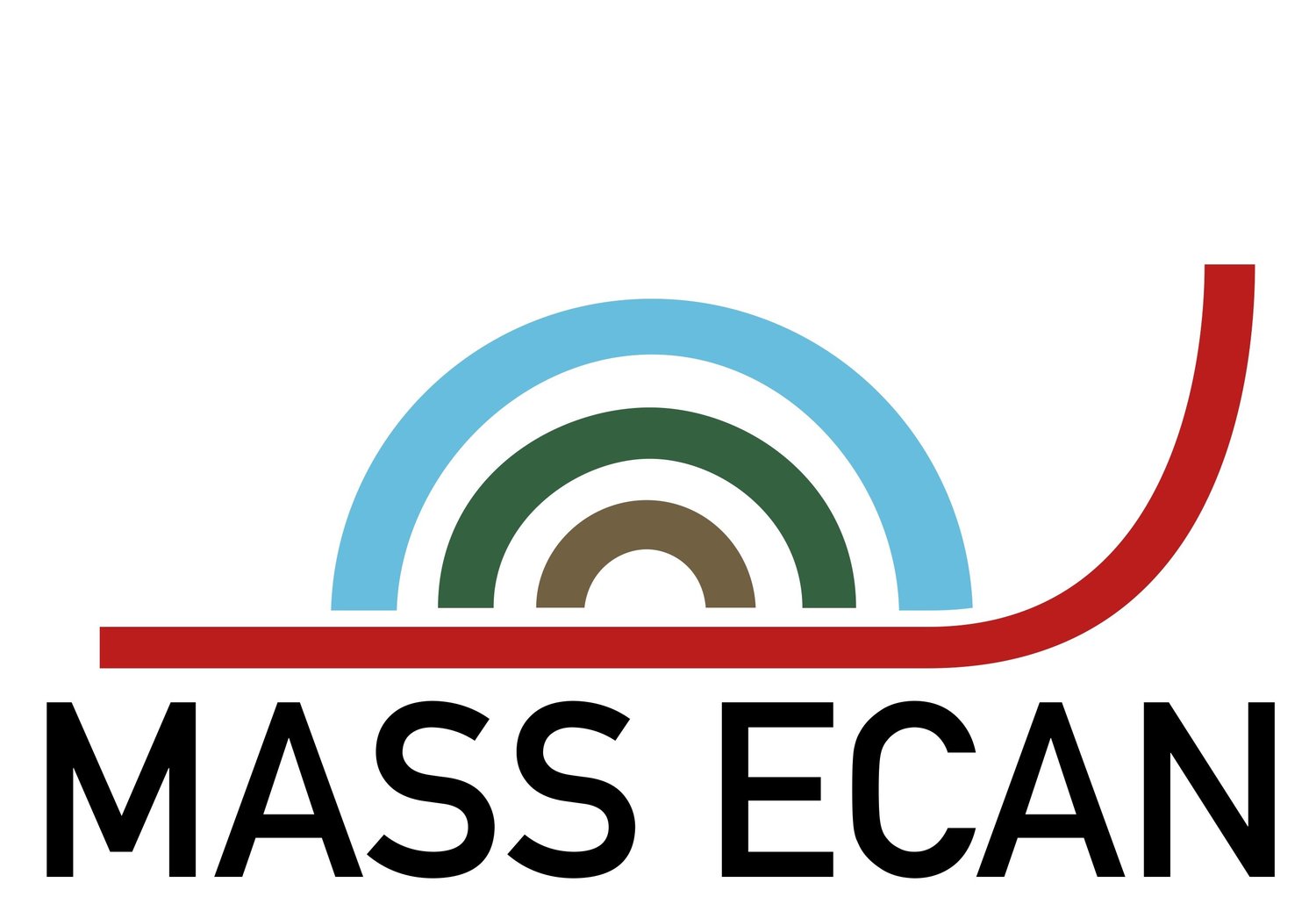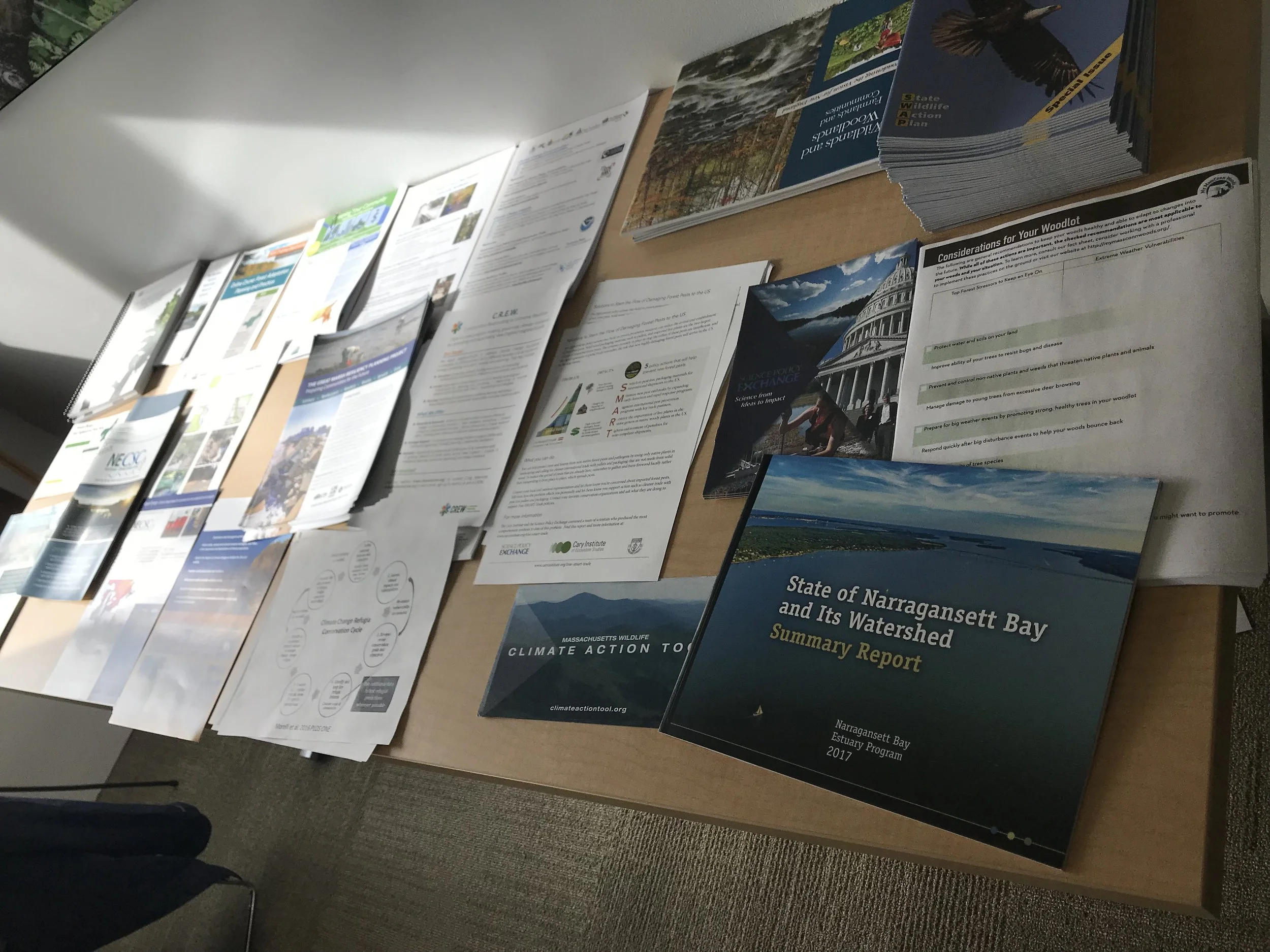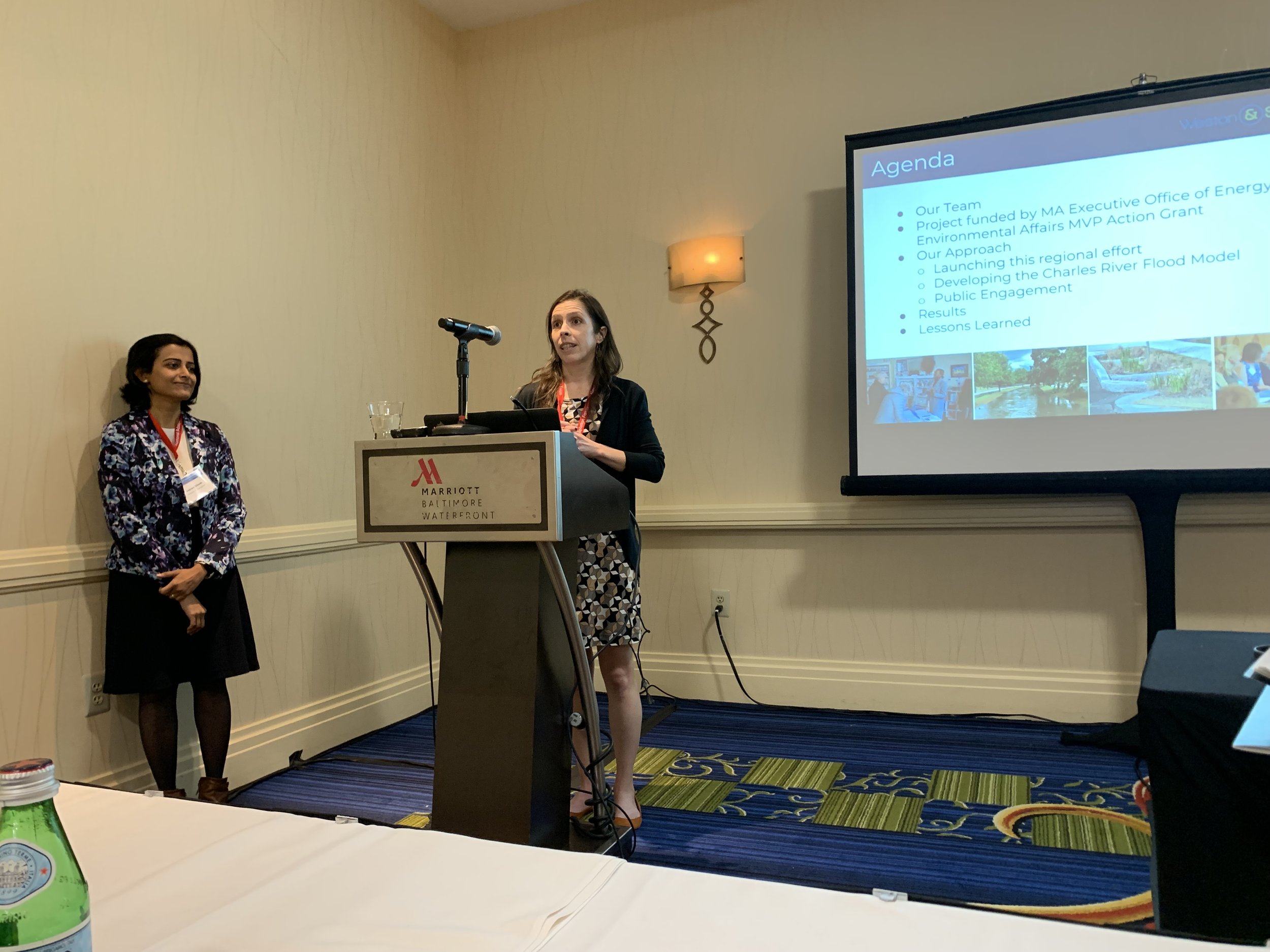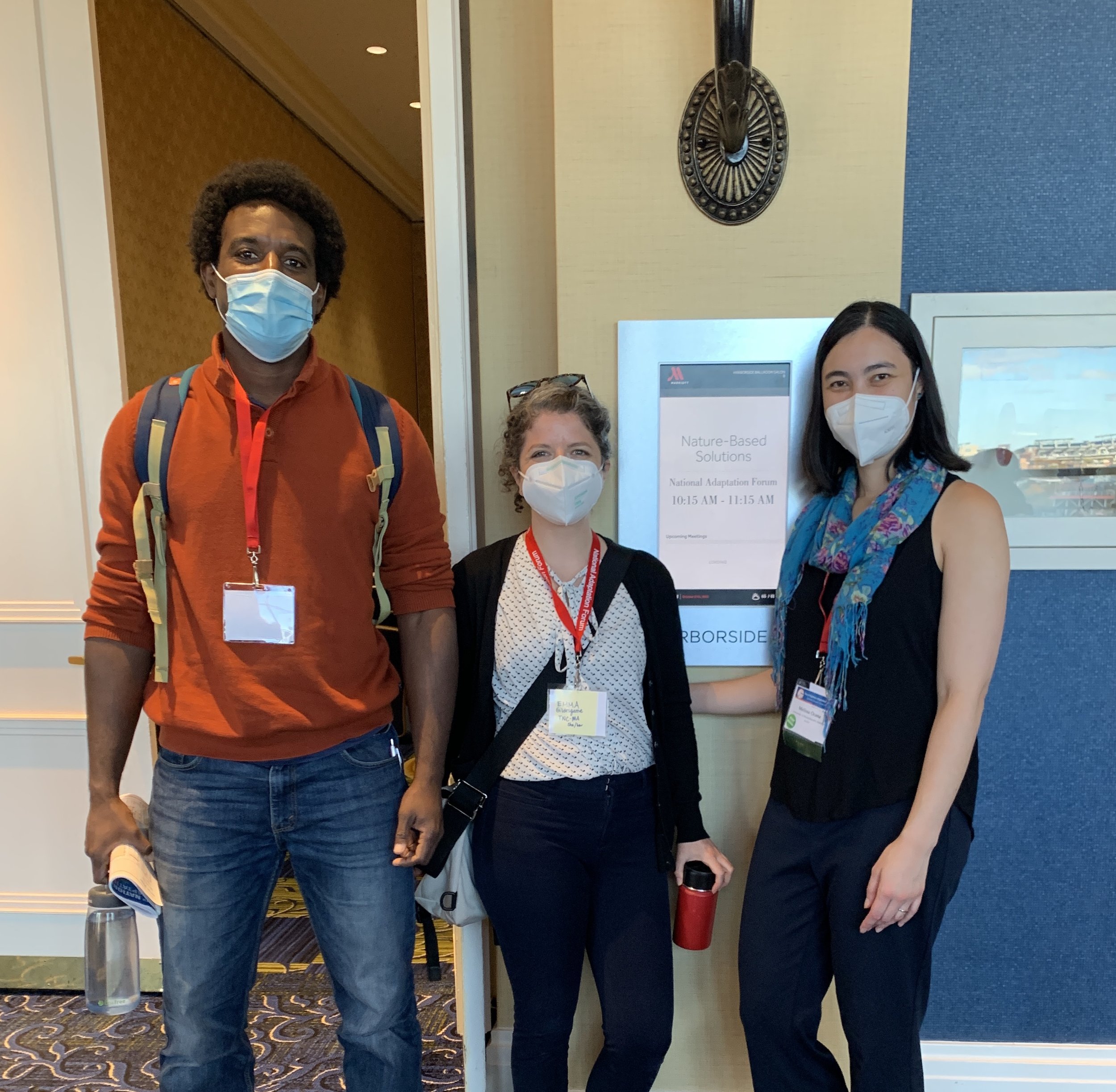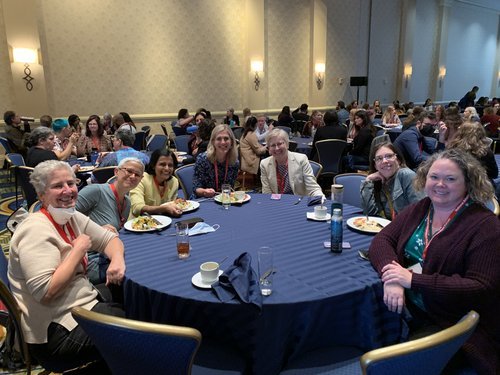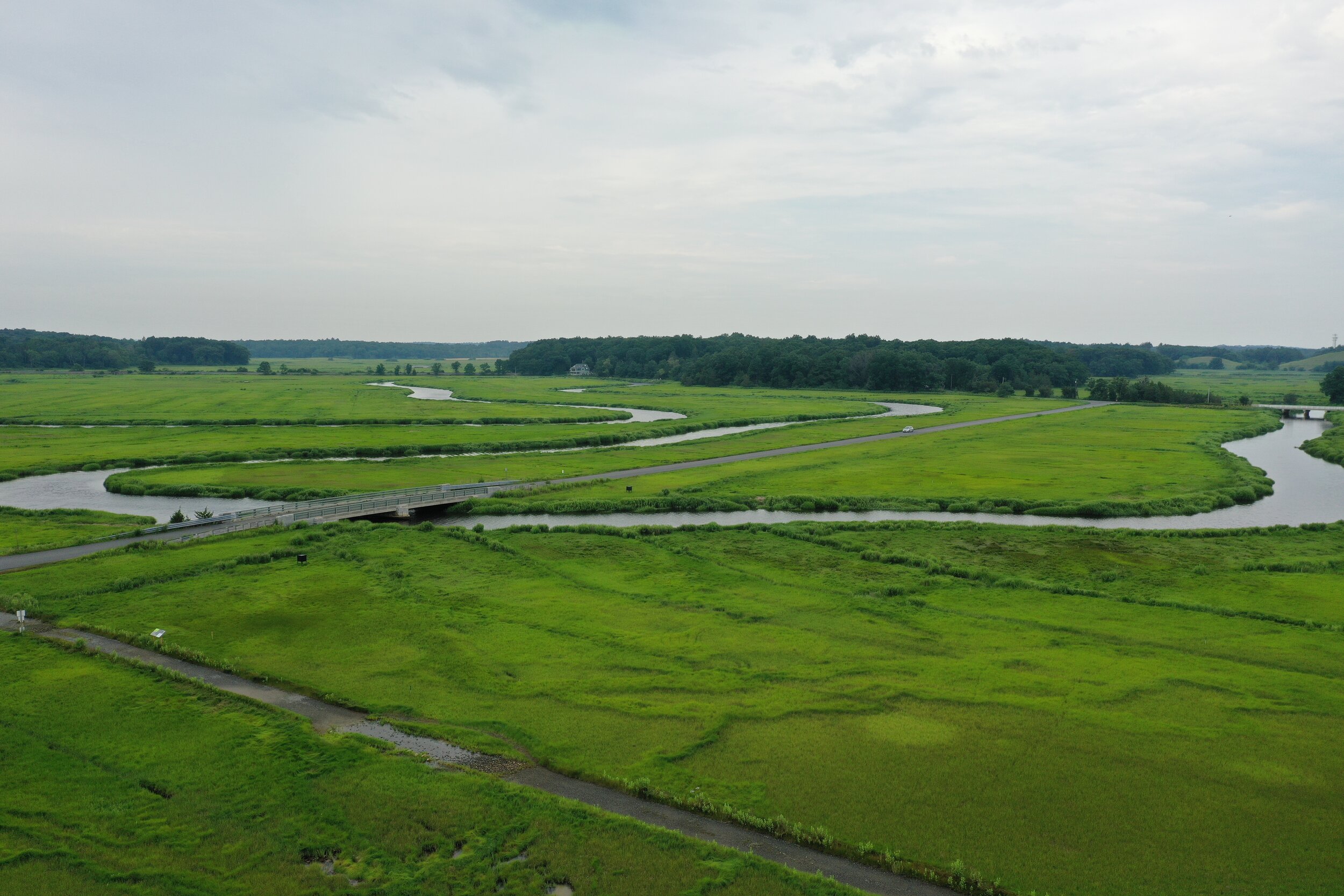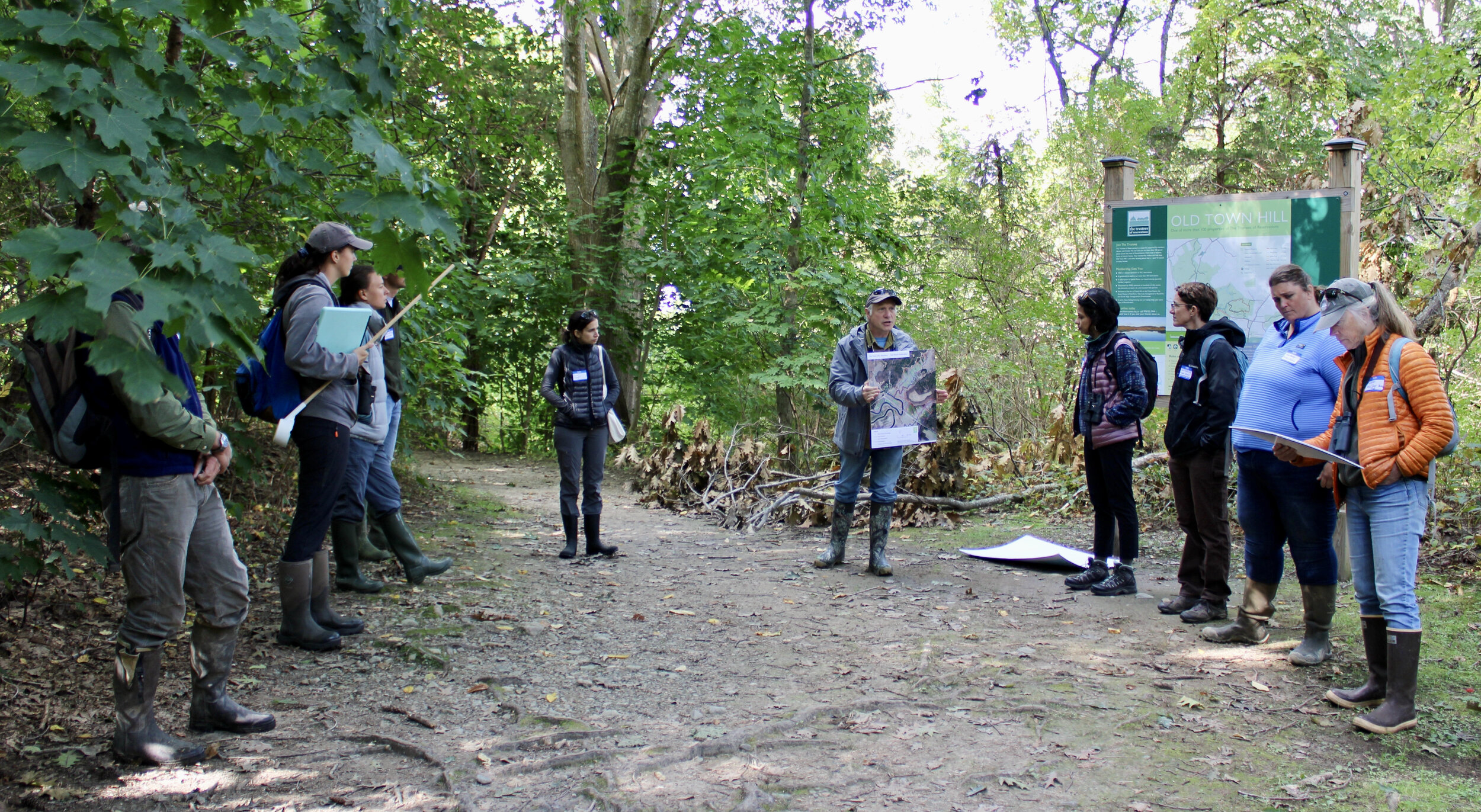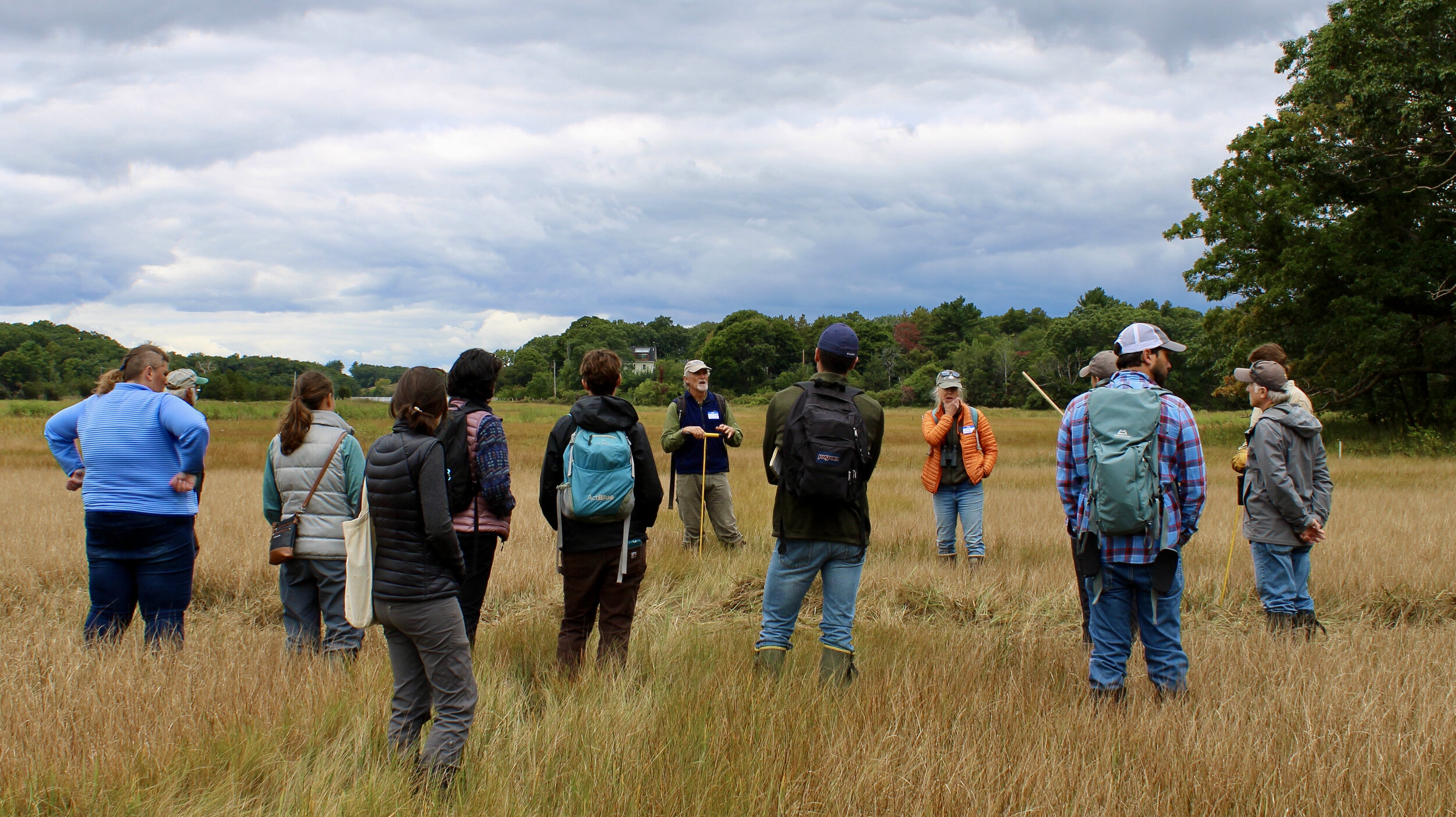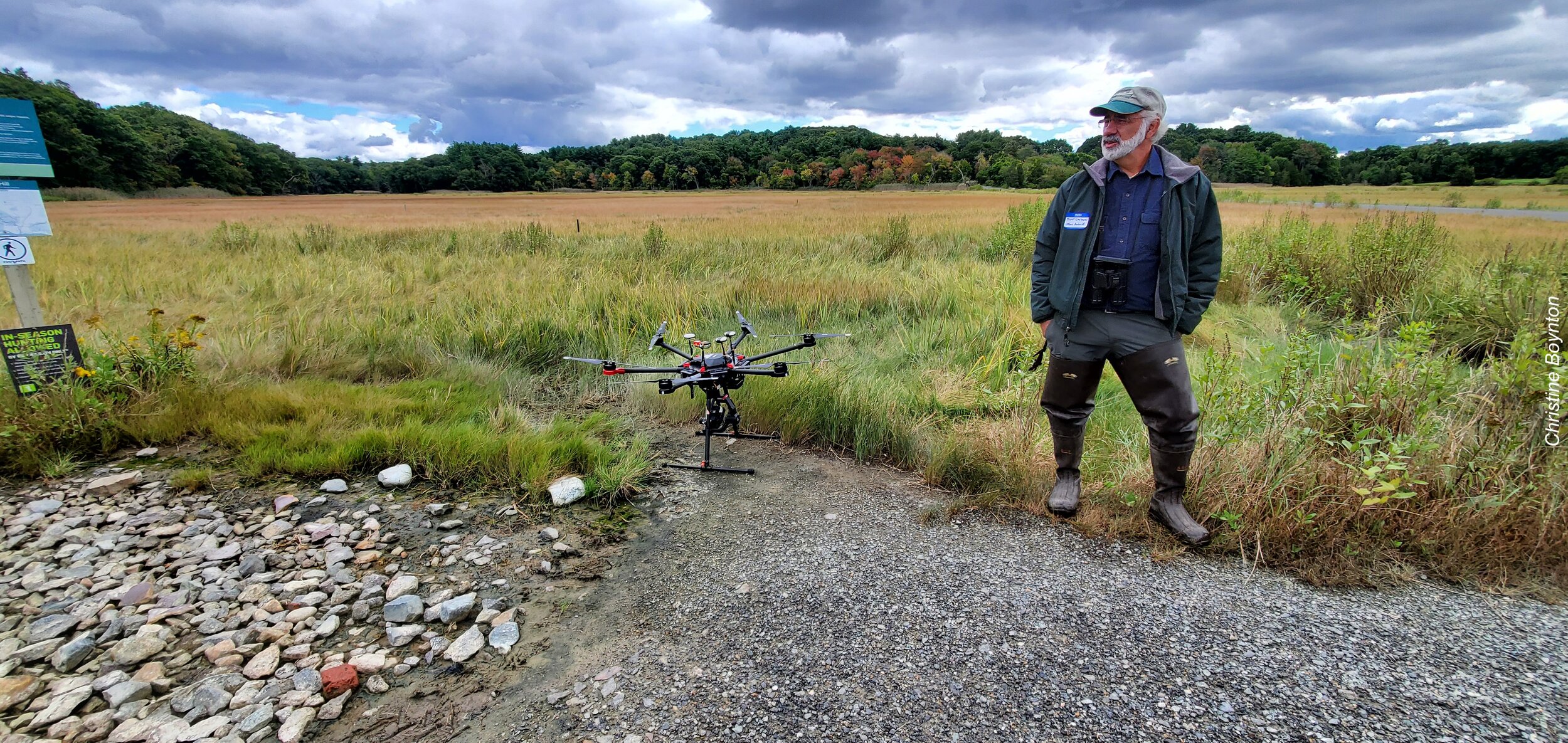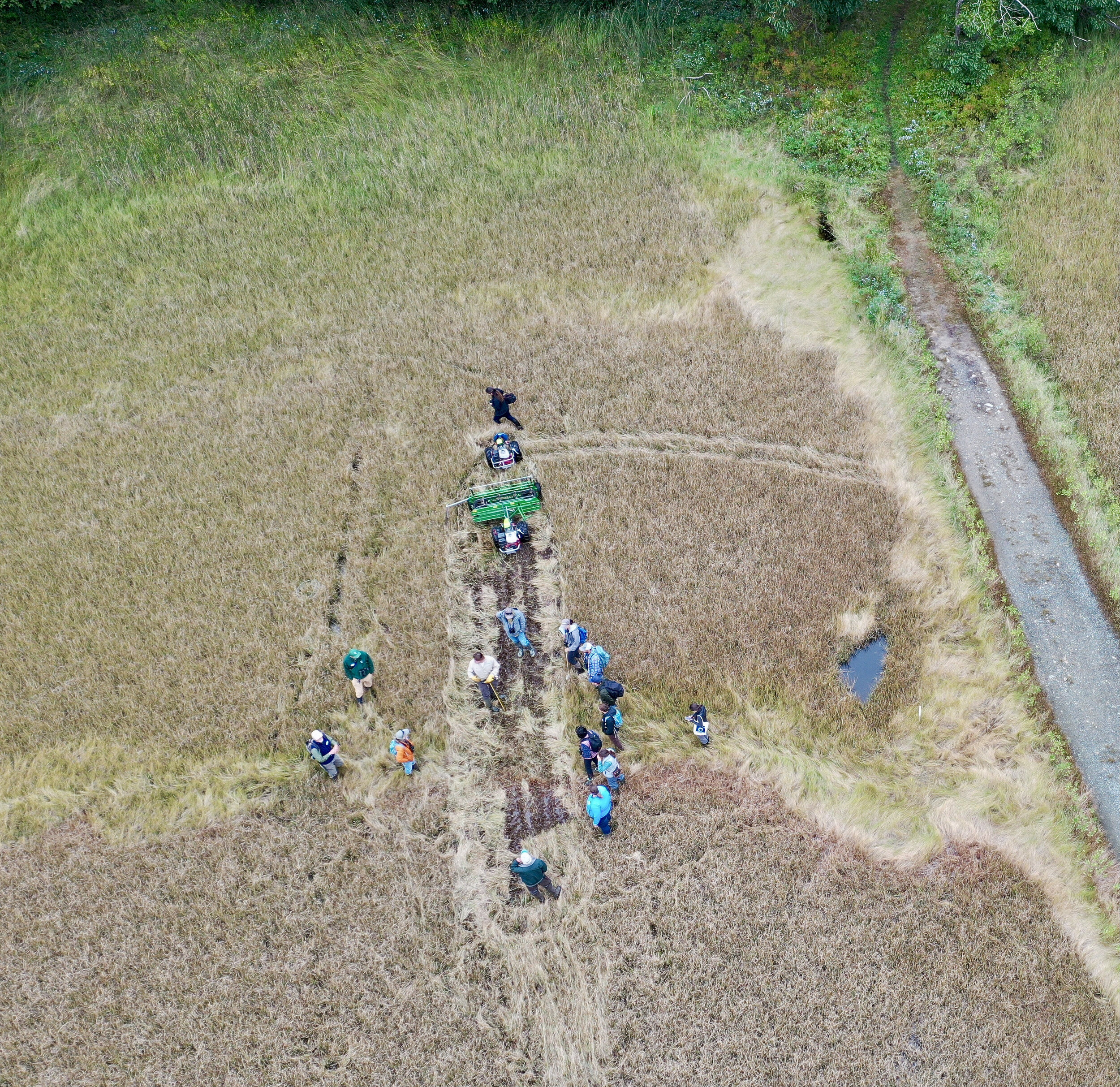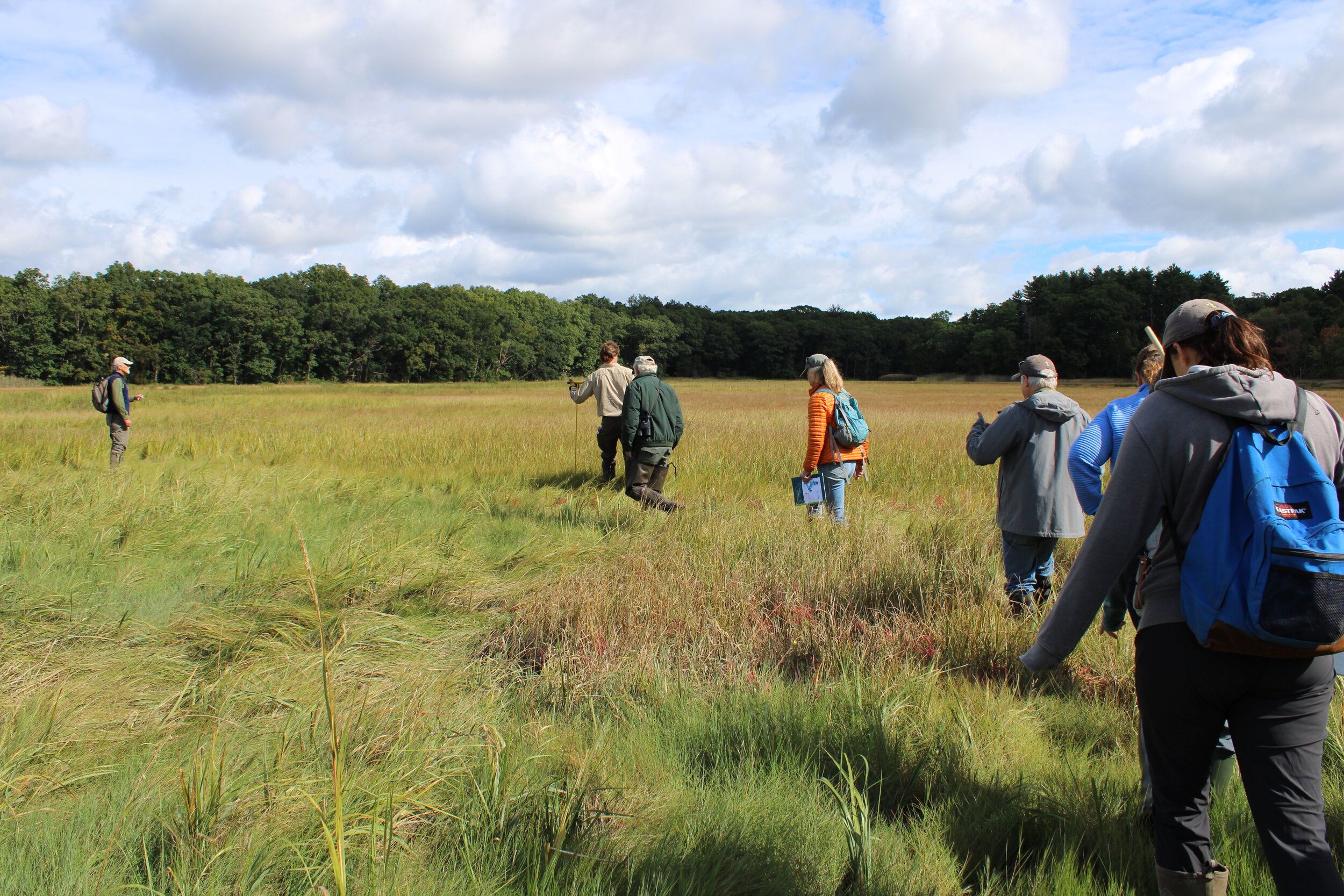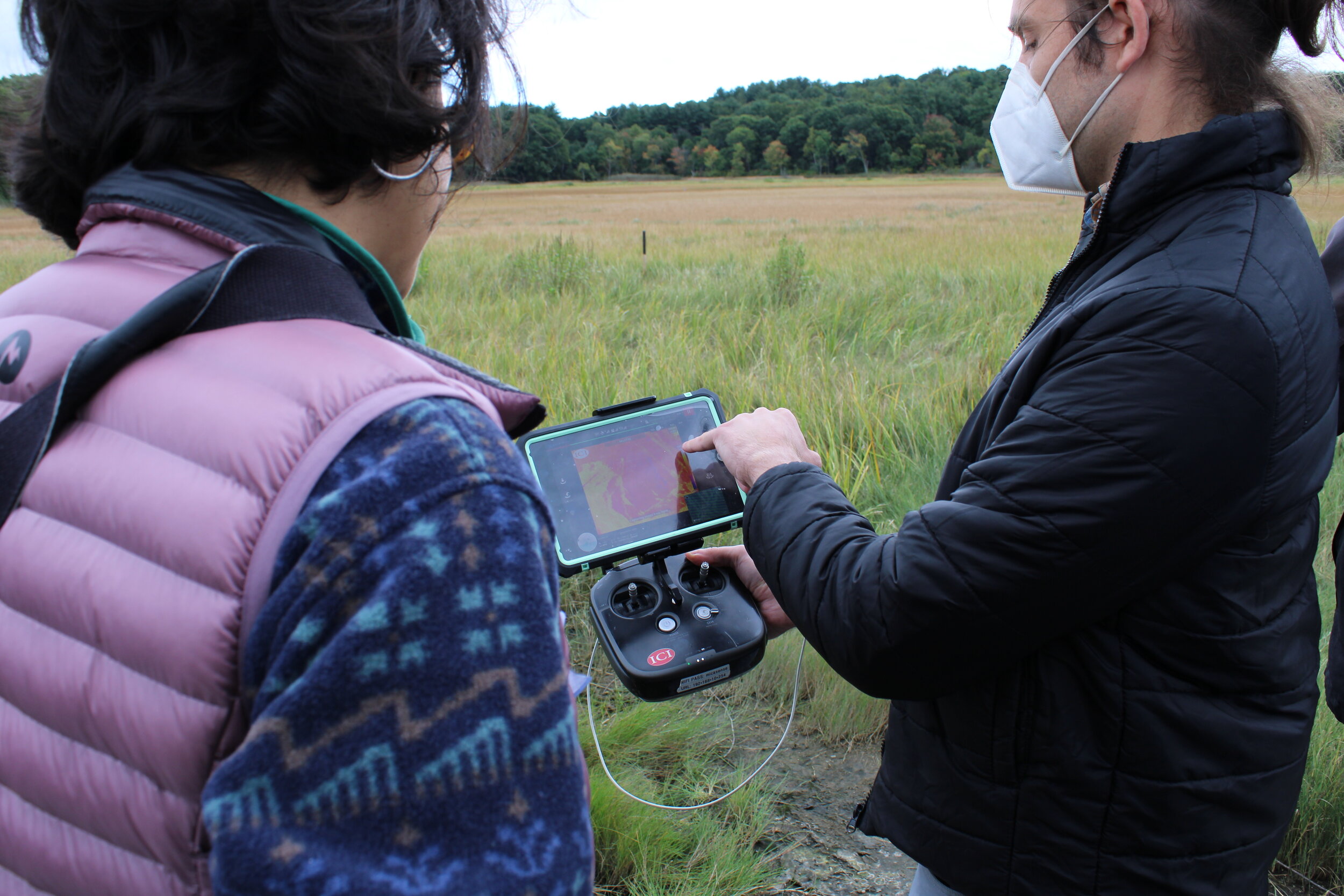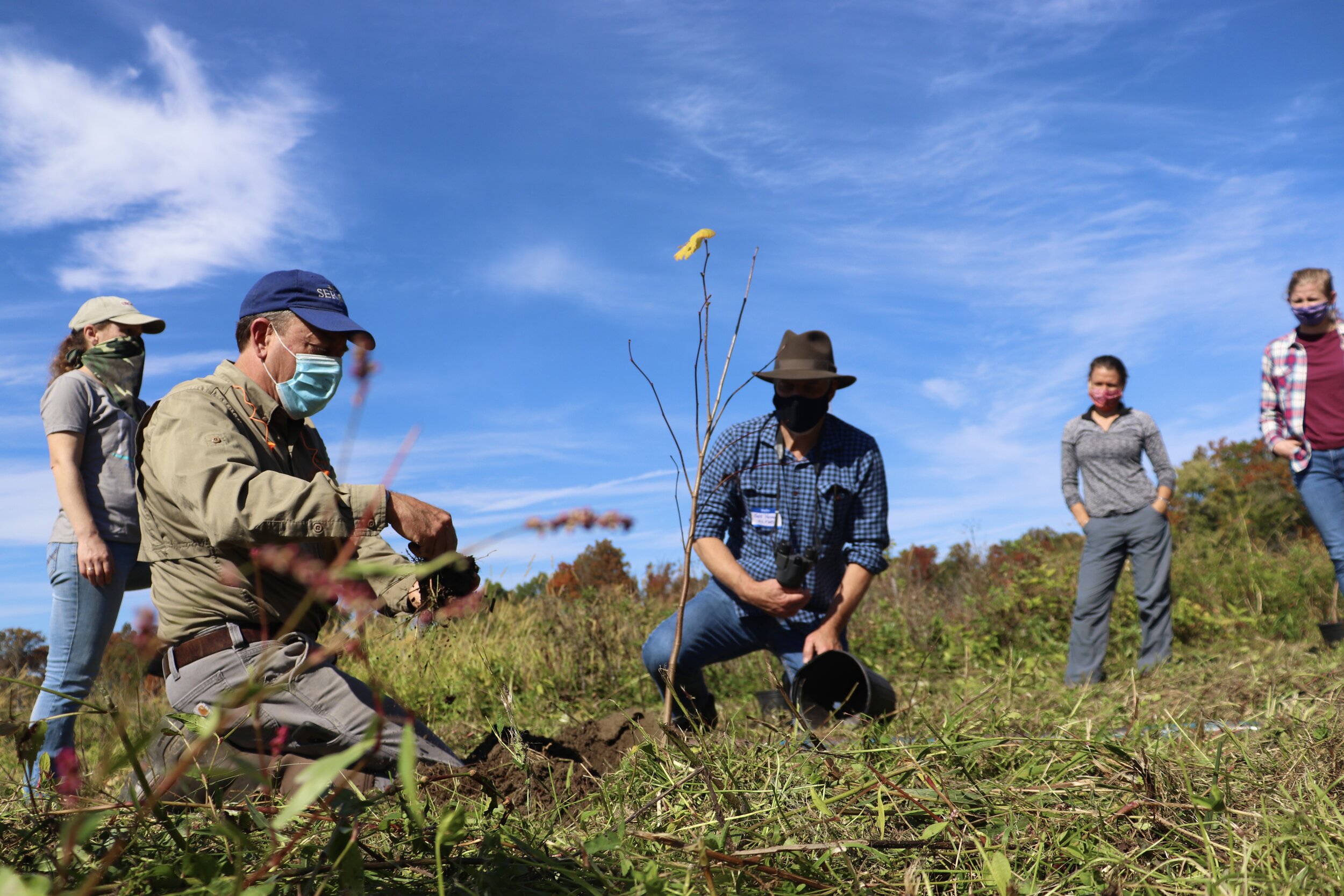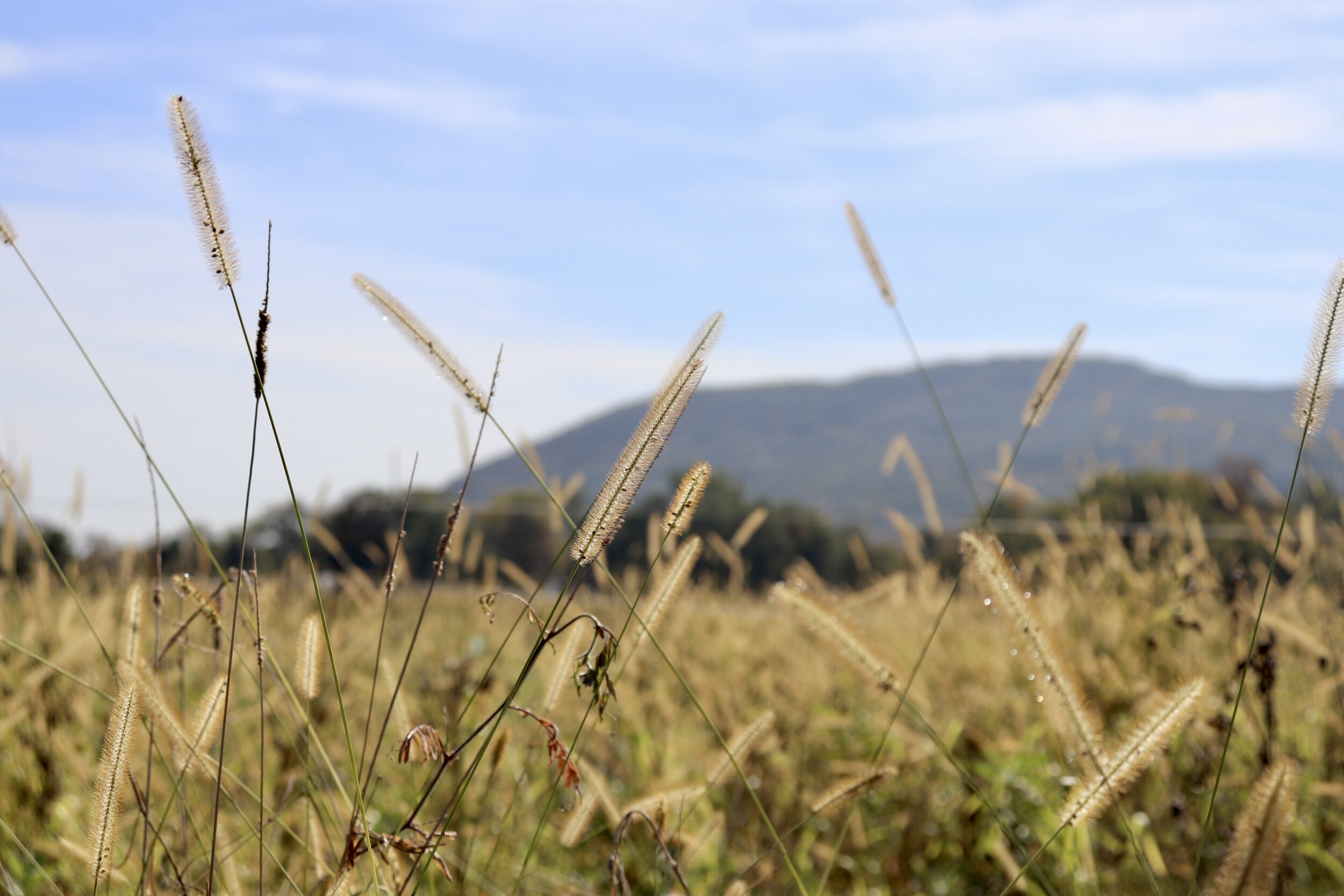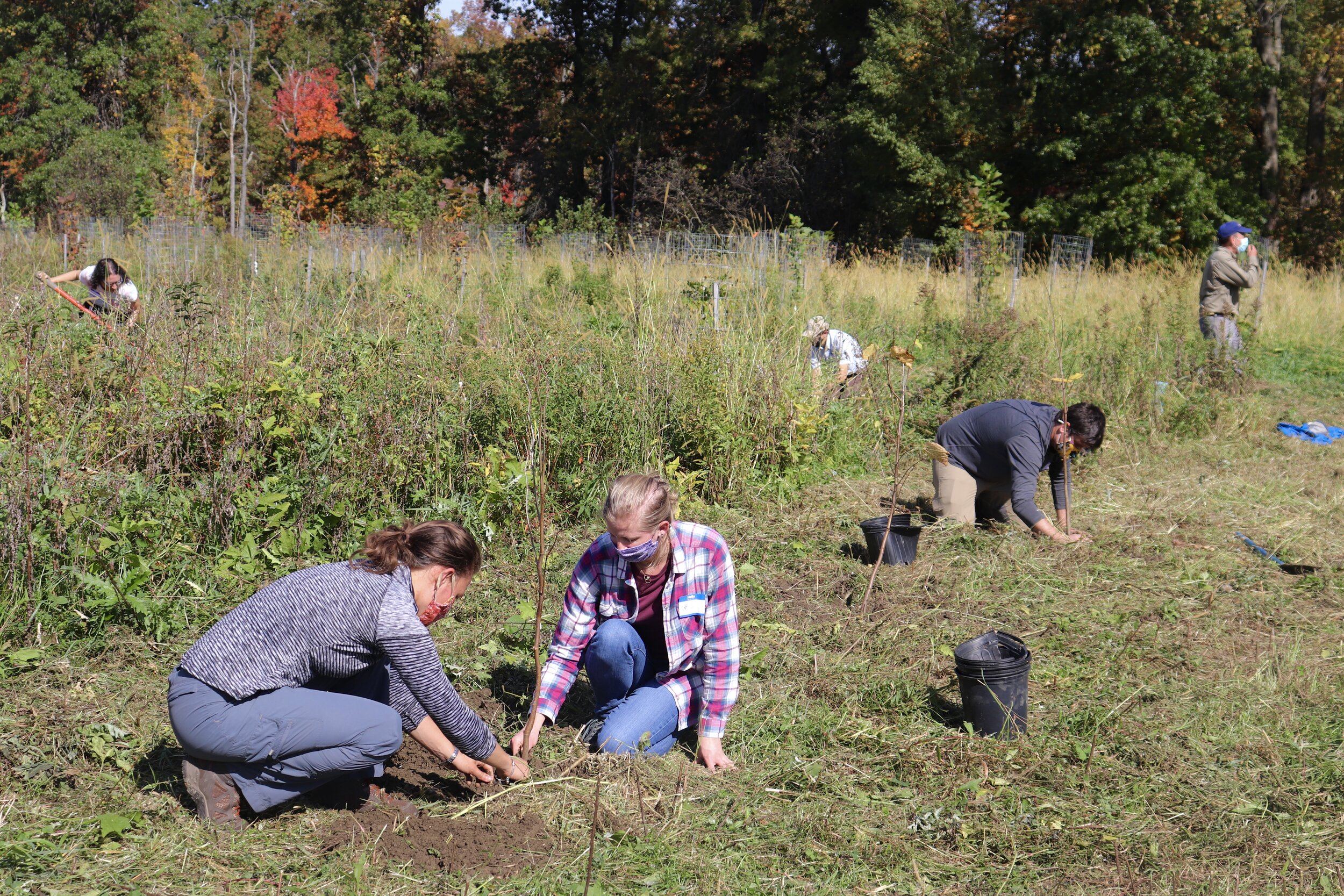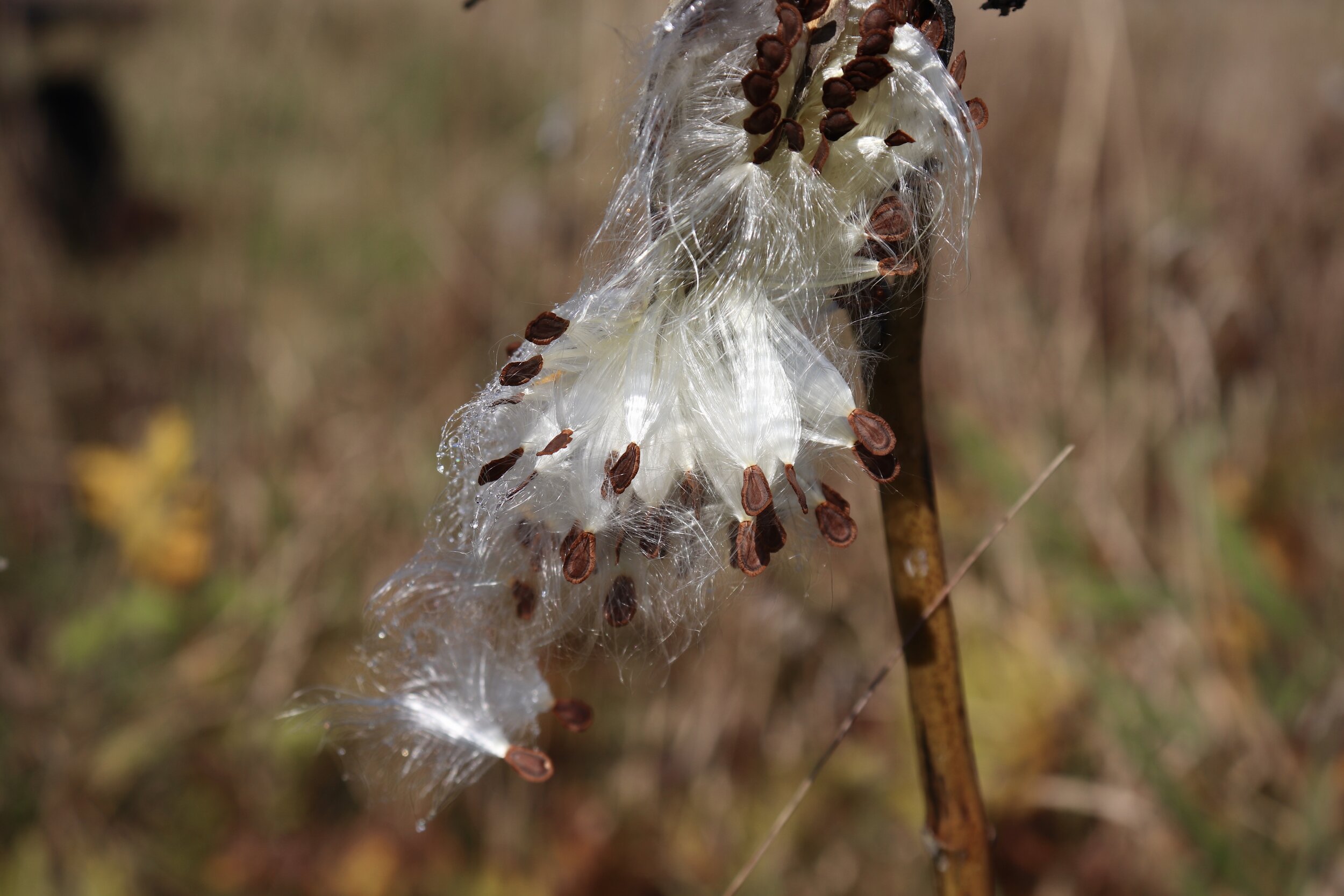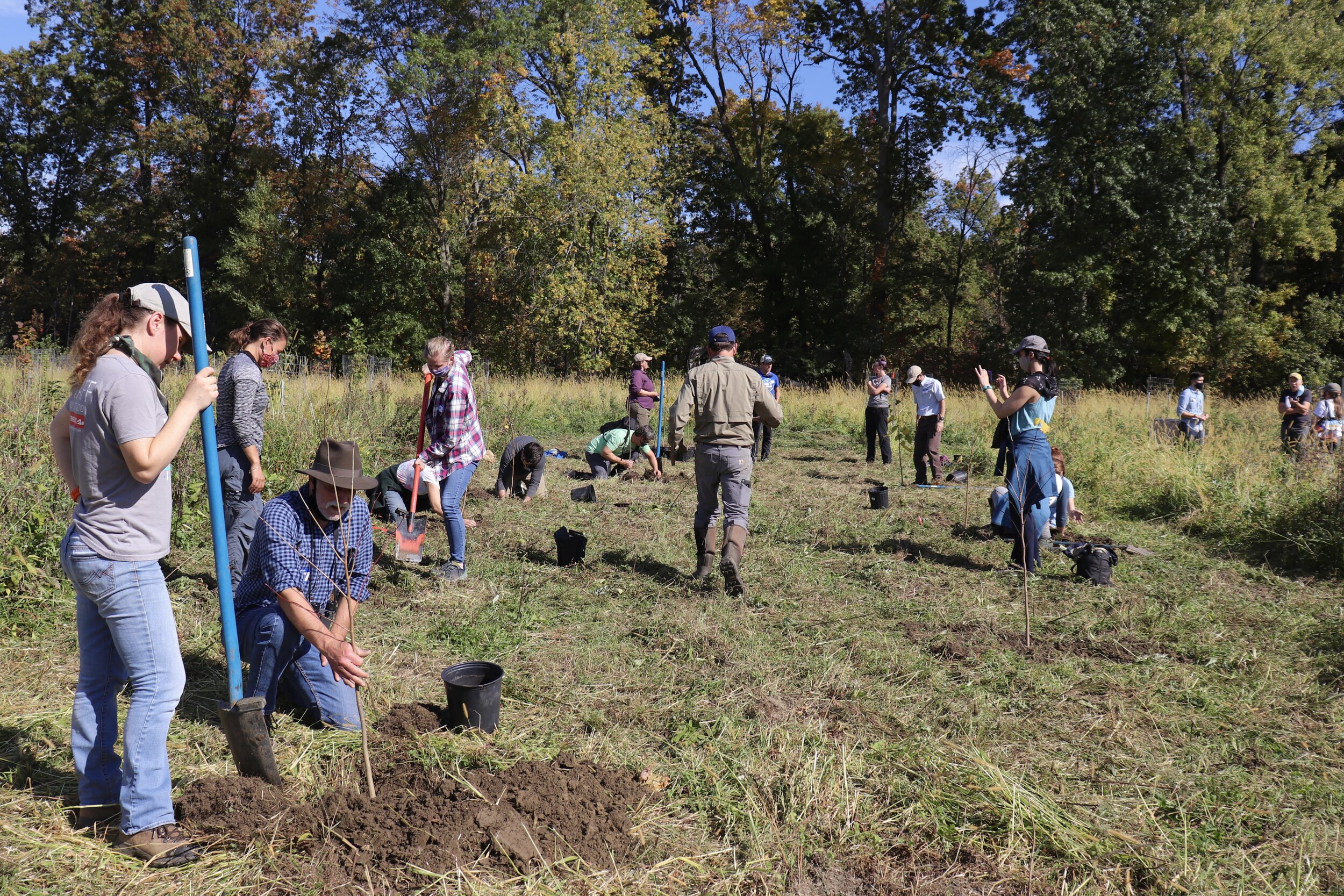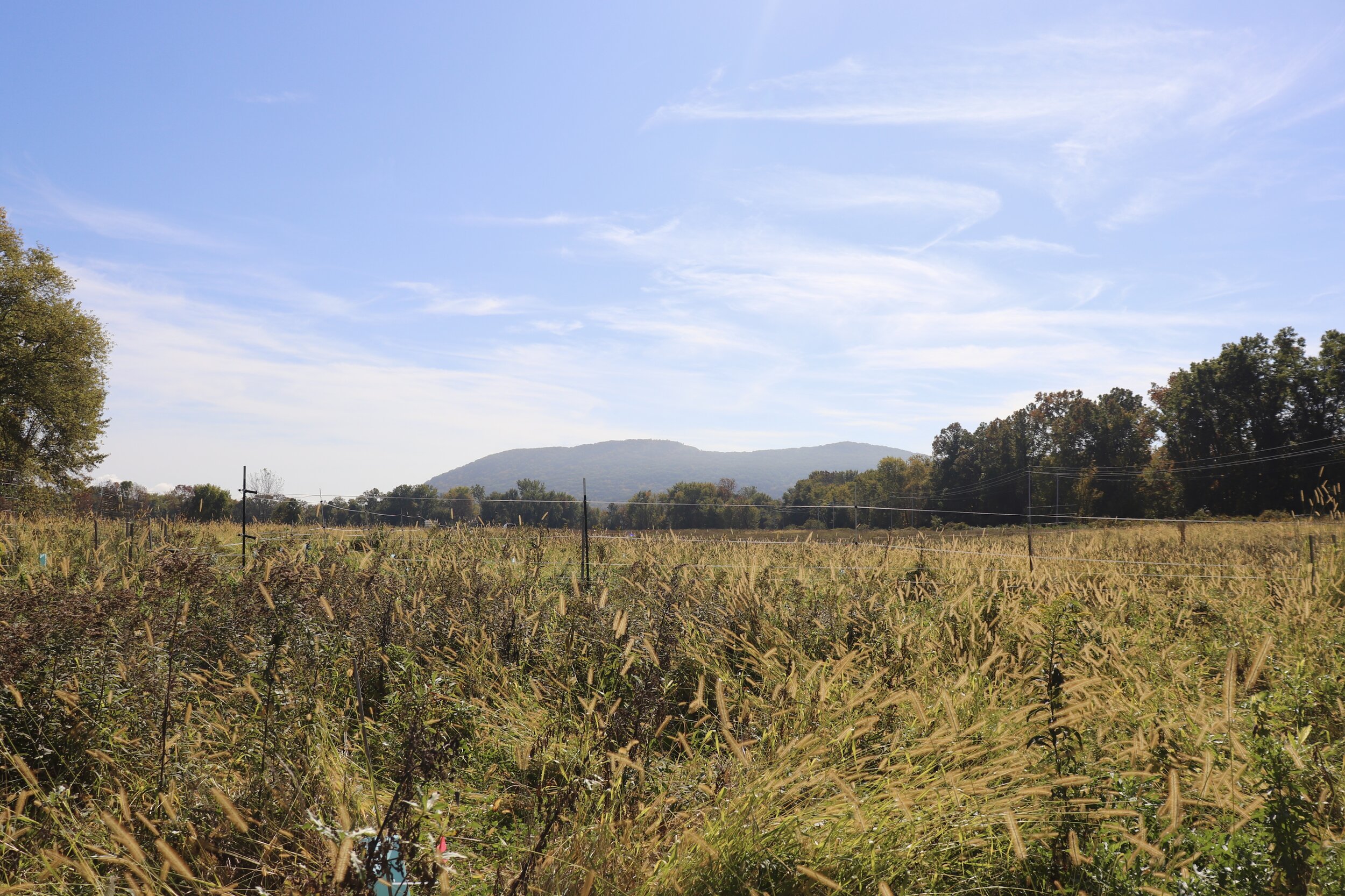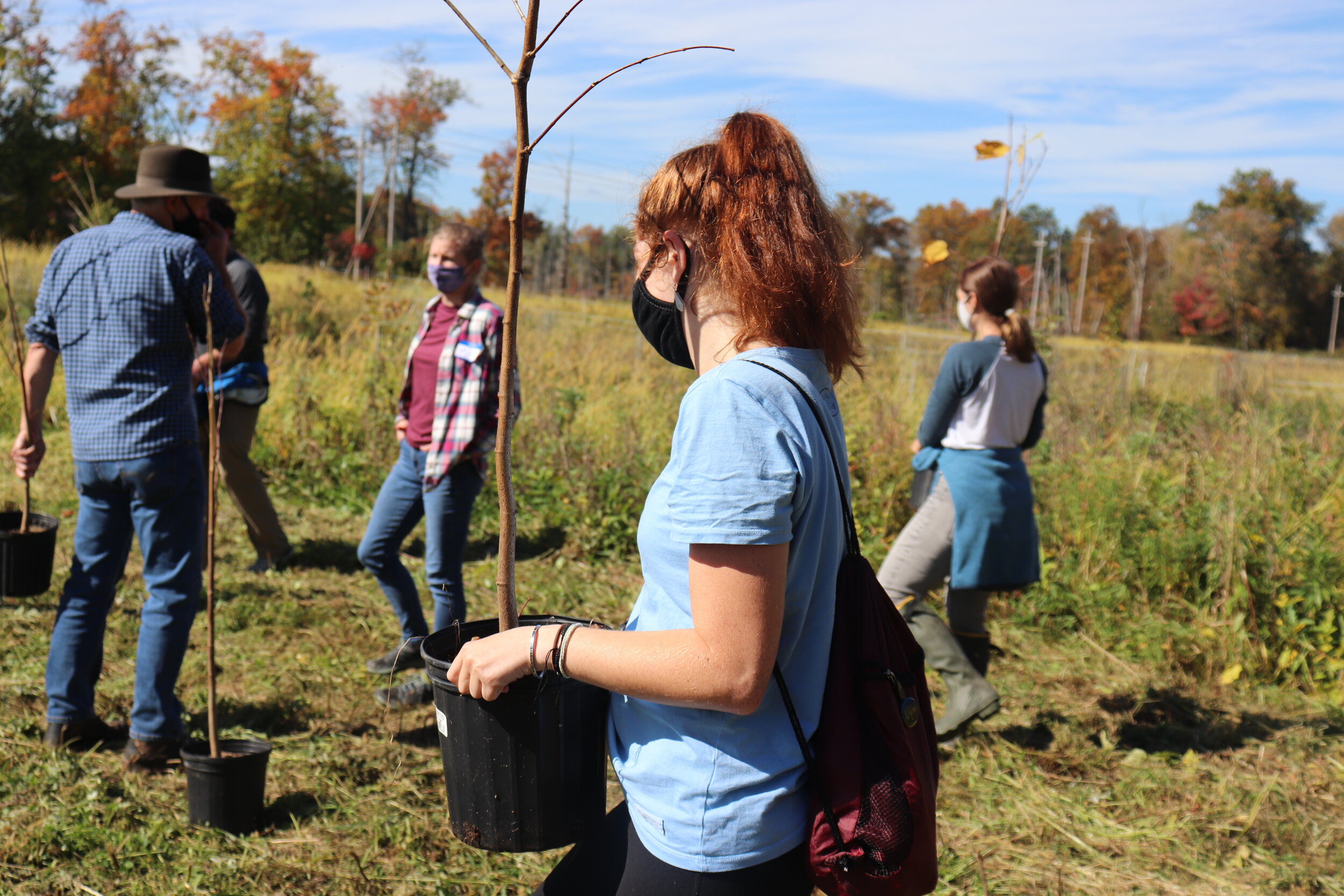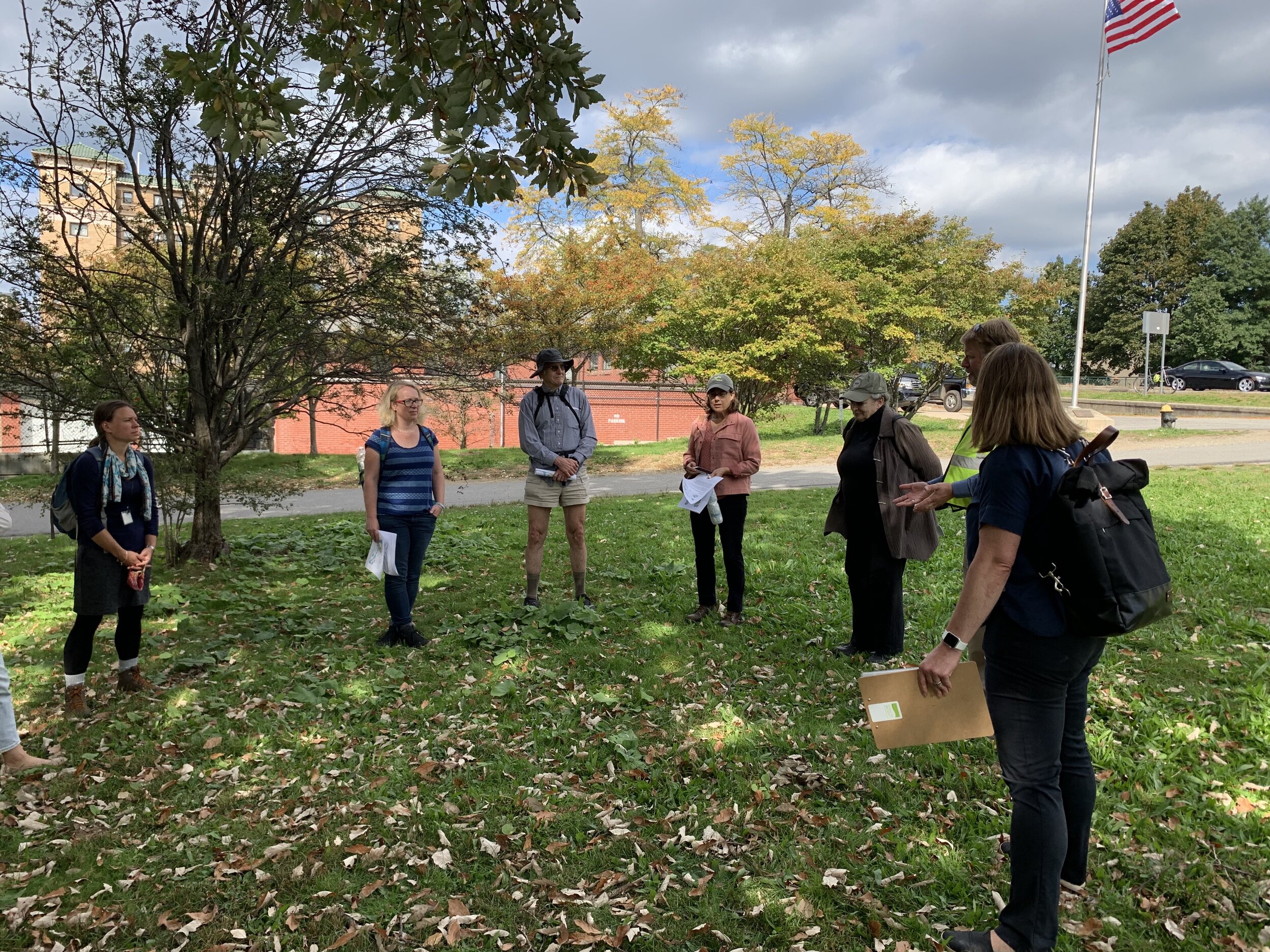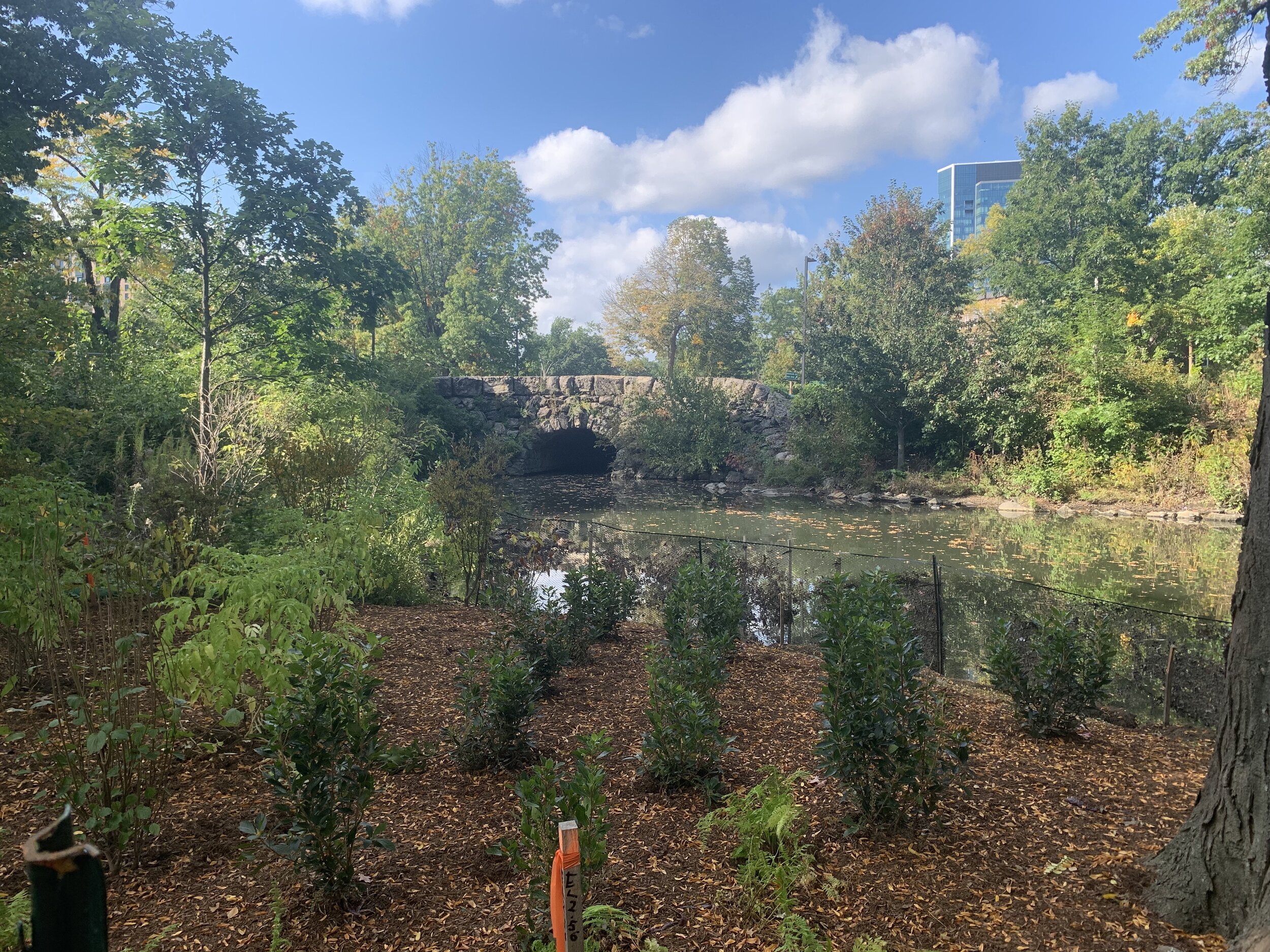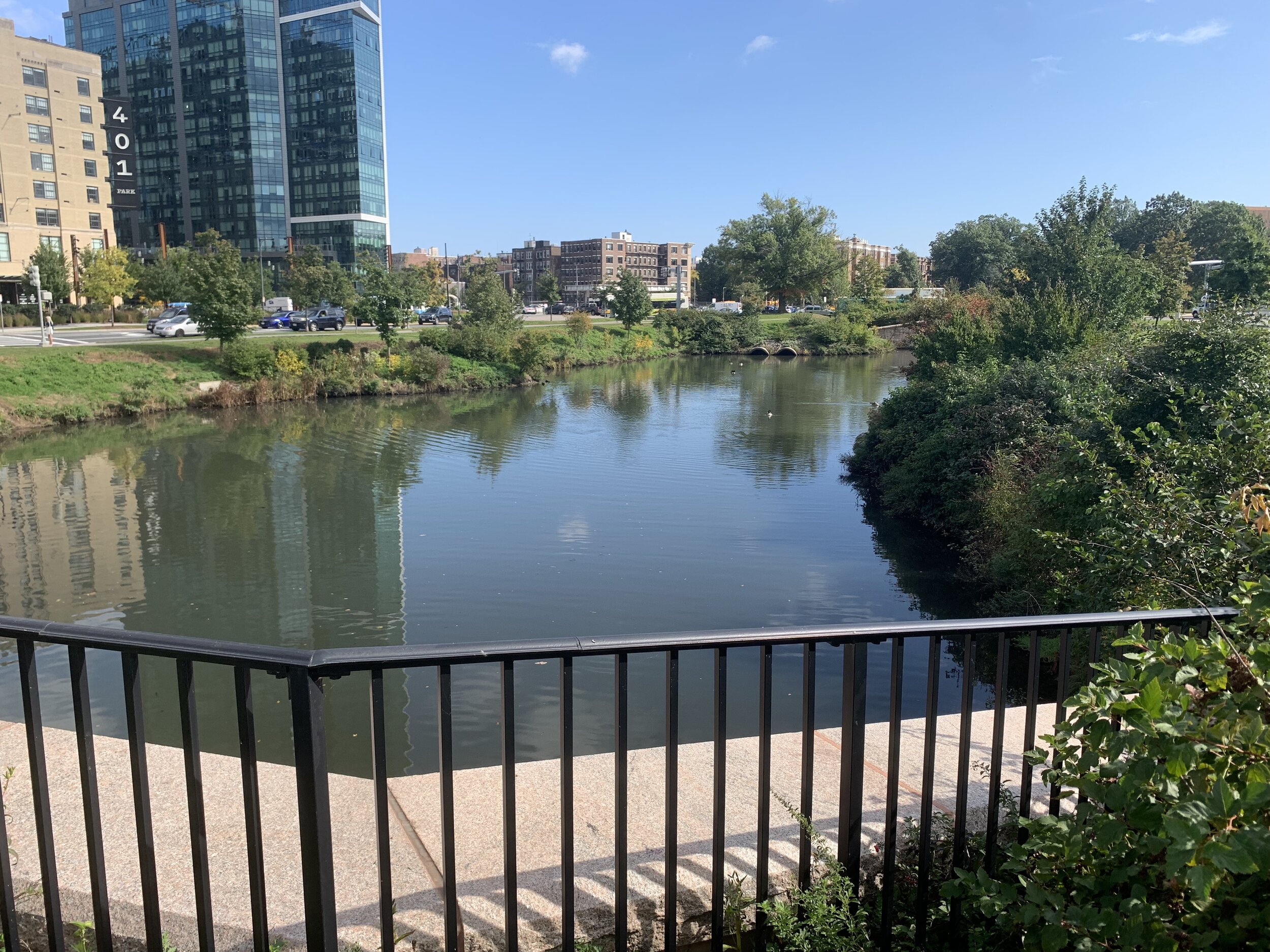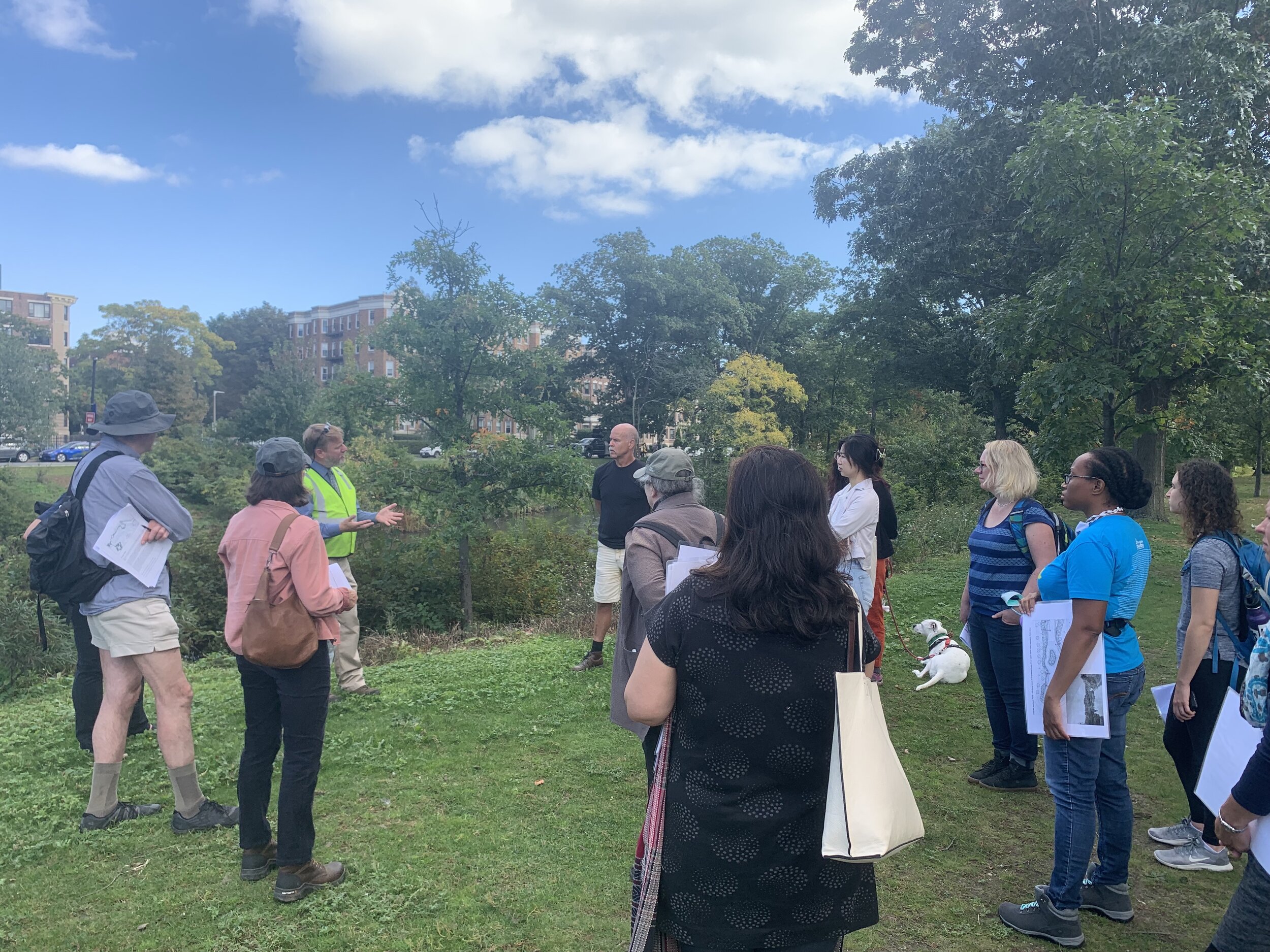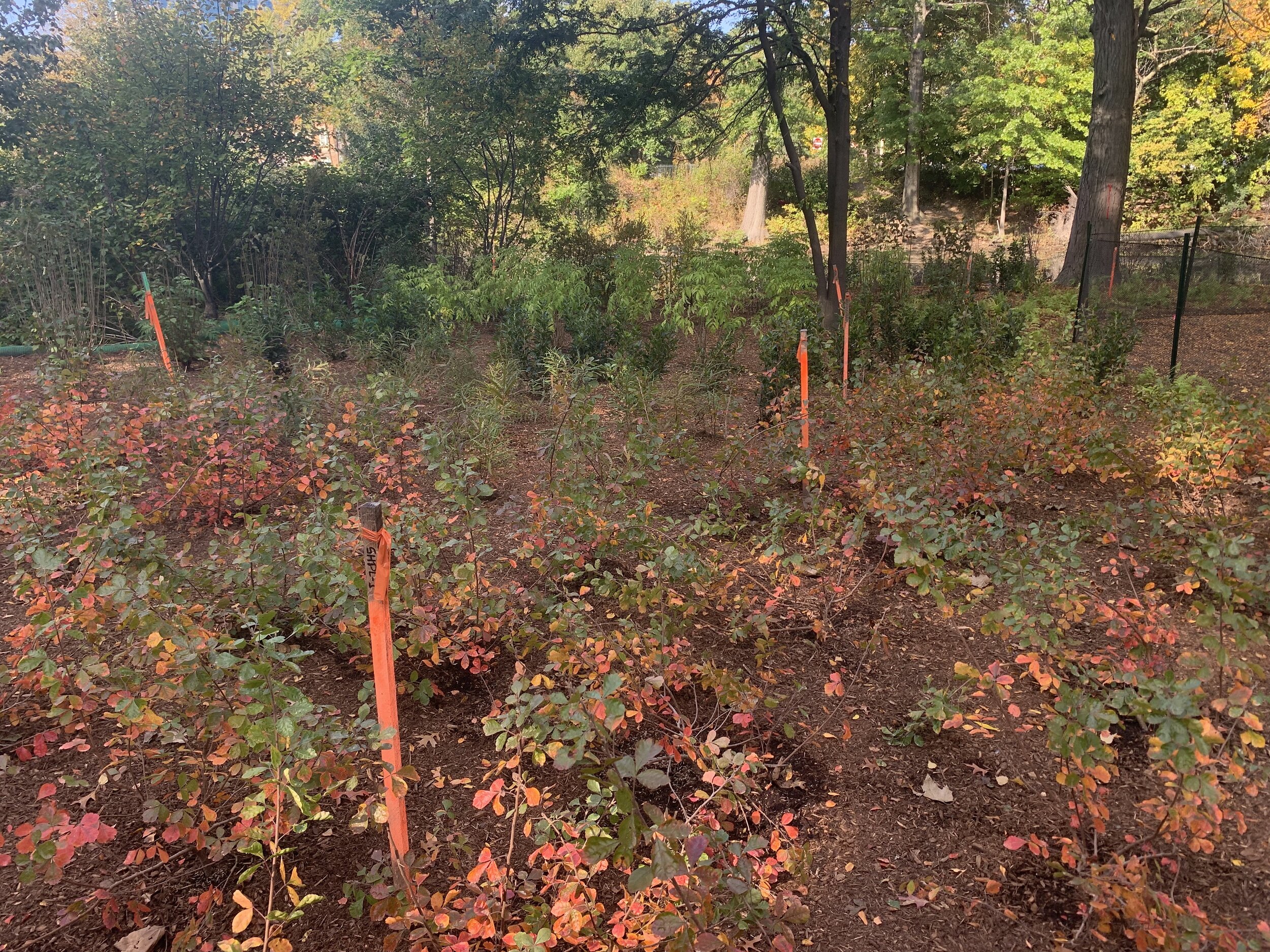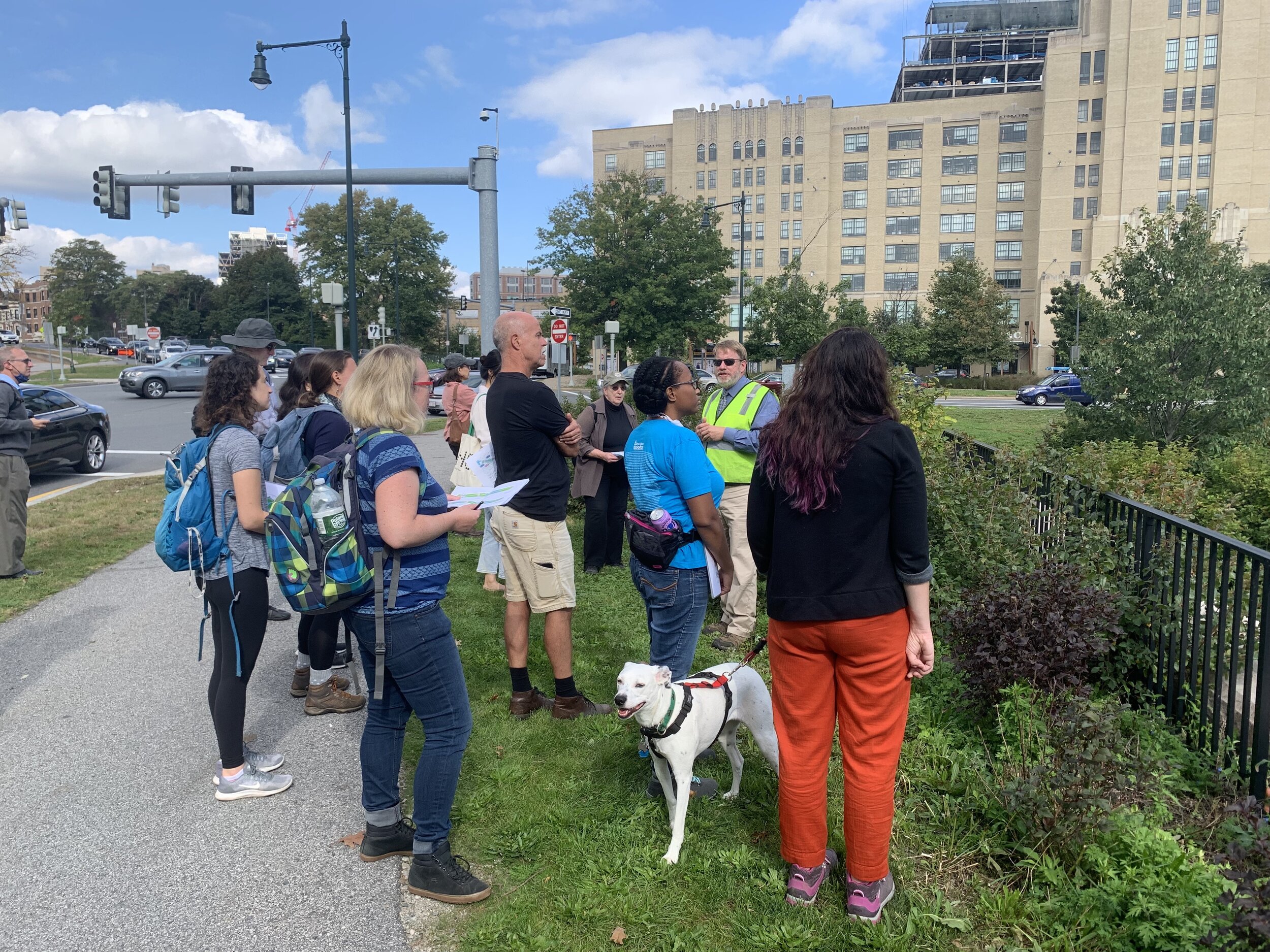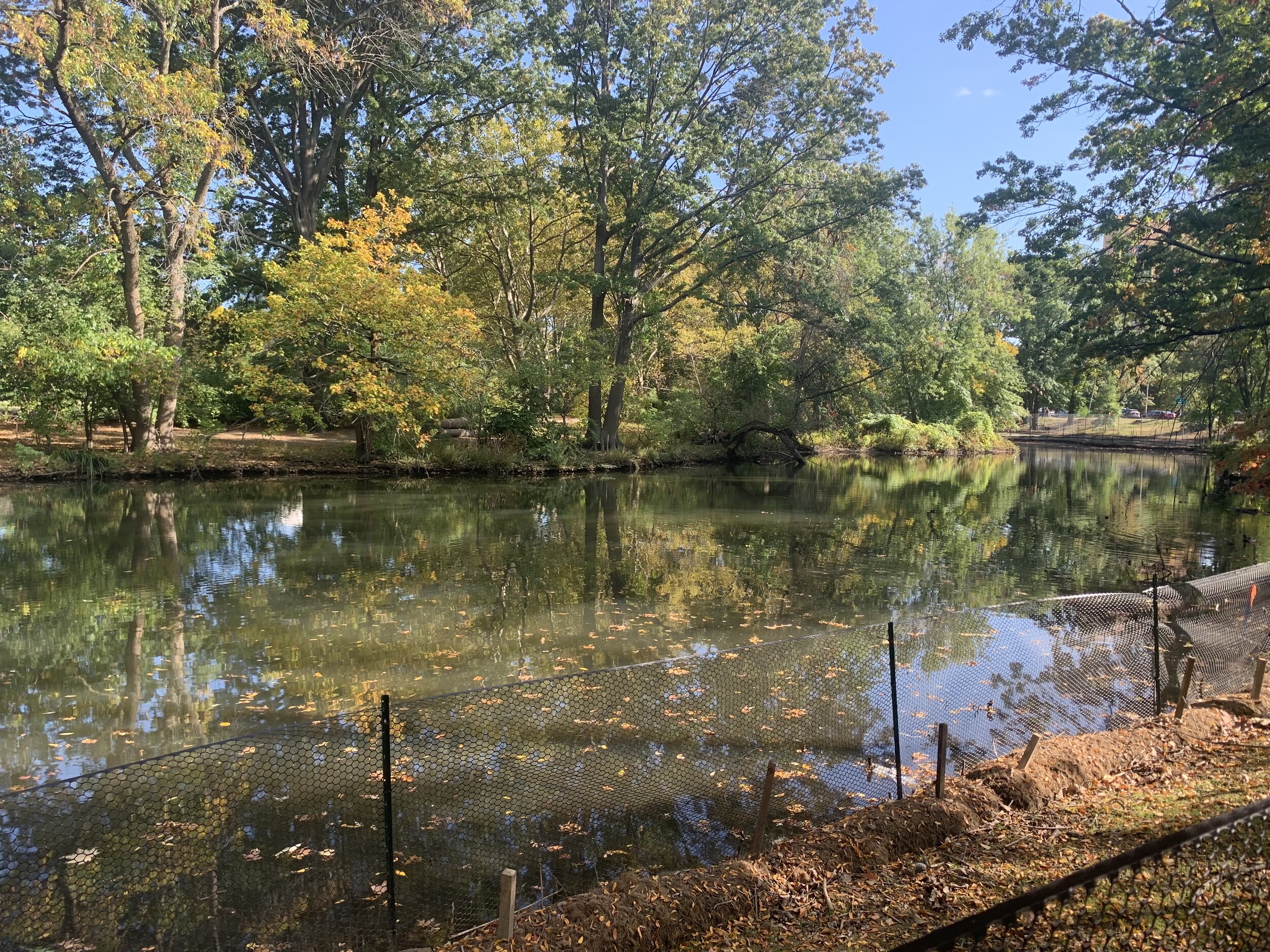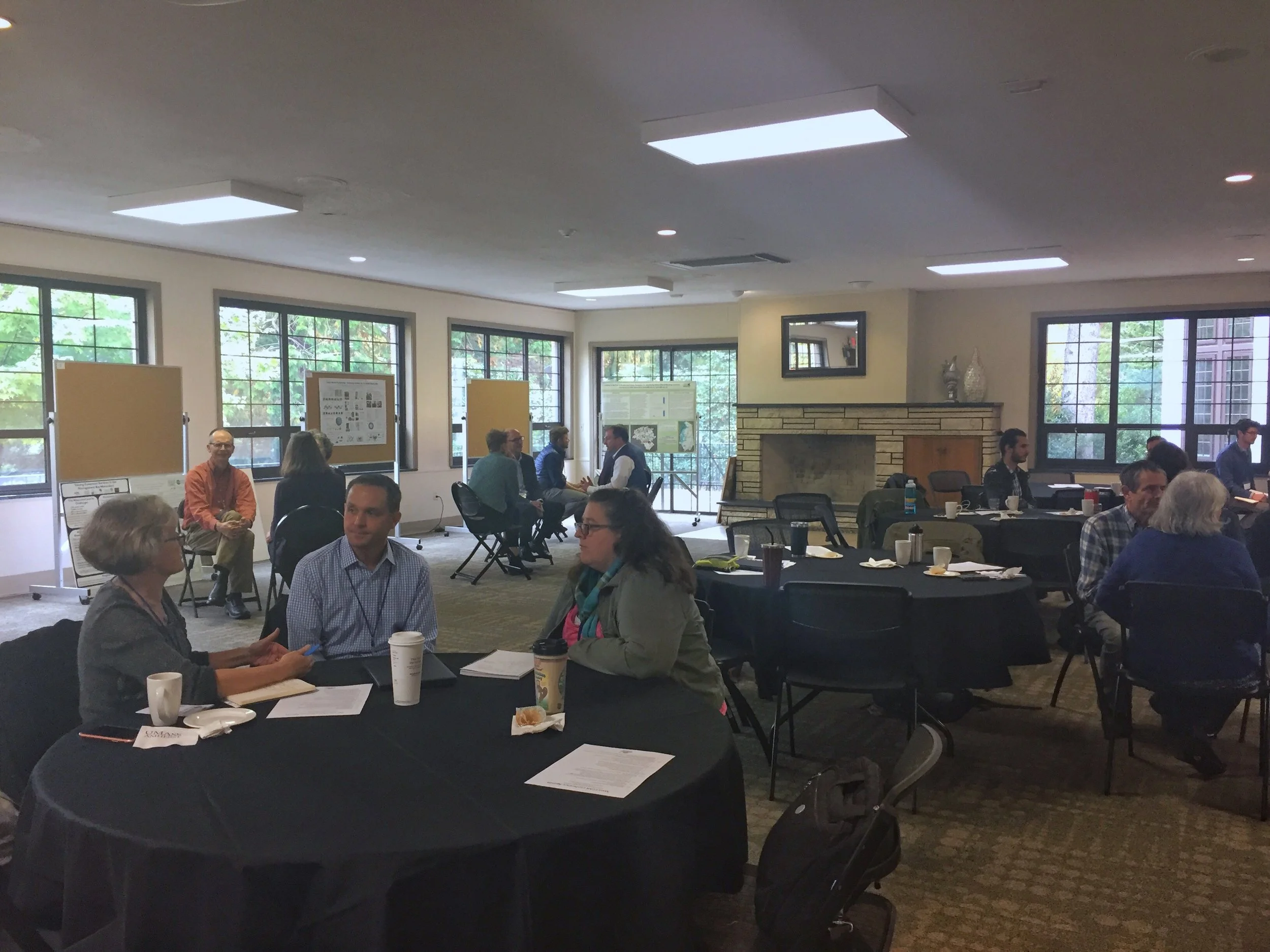I love the National Adaptation Forum. NAF is the major U.S. climate adaptation conference that happens every 2 years (or 3, thanks to the pandemic). Last week’s event was held in Baltimore and saw hundreds of adaptation practitioners from a variety of sectors and backgrounds. Massachusetts was well-represented with at least 30 attendees, by my count. Our MA lunch meet-up provided much-needed time for those folks to catch up and connect. Our Mass ECAN colleagues were out in force showcasing why our state is a leader in the nation with presentations and posters on nature based solutions, the state of the adaptation field, local community resilience, and many project examples.
A few takeaways and themes that I heard again and again:
Climate adaptation requires cross-sectoral collaboration. We need to come together across disciplines to ensure that we maximize co-benefits and minimize maladaptation/unintended negative consequences from our actions. This is a tenet of Mass ECAN and it was so evident/repeated many times at the conference.
That said, there was clear lack of coordination and communication among many practitioners, even within the same organization, and across different regions of the country. It’s hard to find the time to work together, especially when it’s not “part of your job.” Collaboration should be incentivized and included in job expectations to help make space for this essential work!
More sharing of our products, in particular, outreach materials, across regions would help avoid duplication of efforts and leverage limited resources.
Networks and communities of practice (like ours) are so important as a space for collaboration and coordination, along with camaraderie and community building. This realization of the power of networks has been growing in recent years!
It can be helpful to move away from “case studies” language and towards sharing stories and experiences that allow folks to connect where they relate to the narrative. We can allow for sharing what works or doesn’t work in one place and how that might be different in another context, all in the spirit of learning.
I always leave NAF feeling inspired and recharged. It’s incredible to see so many familiar faces of dedicated colleagues and learn how they are out there on-the-ground, working hard to help people and nature adapt to a changing climate. Thanks for all you do and hope to see you at the next conference!
Here are a couple additional takeaways and thoughts from fellow Mass ECAN members:
“There were so many interesting and inspiring presentations from around the country on unique ways people are thinking about and planning for climate change. This can be lonely and daunting work and it's so great to connect with others in the field and learn about new tools and approaches I can take into my work.” - Julie Wood, Charles River Watershed Association
“How can we more broadly define adaptation specialists – so that more people understand that they belong at, and come to the table? We need social/behavioral scientists, philosophers, marketing/advertisers, educators, and more.” - Hillary King, MVP, EEA
"I loved the session on Climate Adaptation for LGBTQIA+ Communities - it's a topic I haven't heard discussed much, so it was great to dive into that topic and think about how I can incorporate some of that information into my current projects and presentations!" - Laura Hilberg, EcoAdapt
